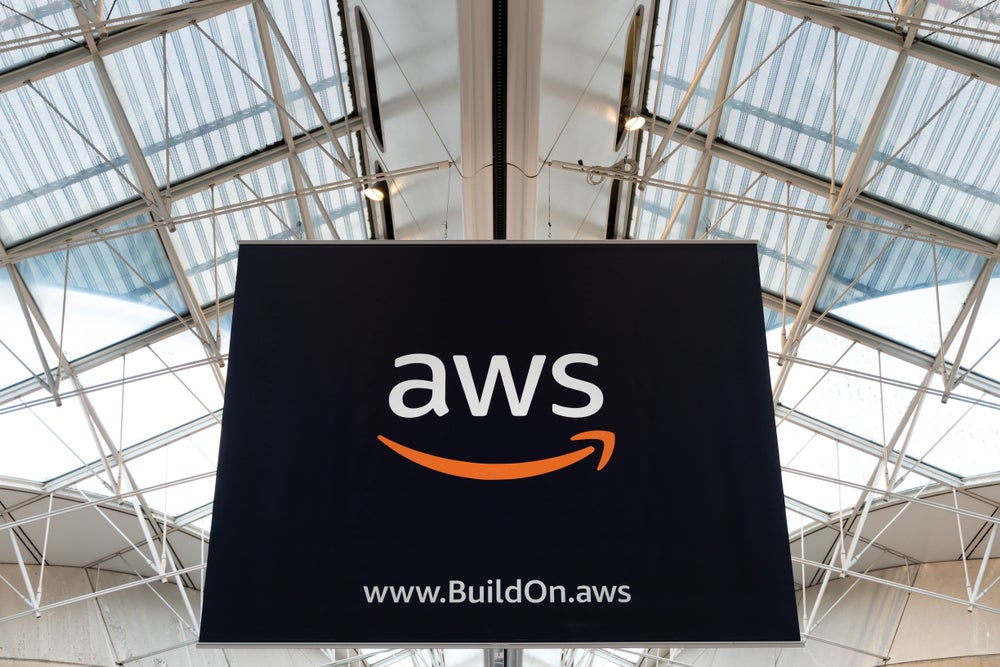Table of Contents

Amazon Web Services CEO Matt Garman delivered a stark warning to business leaders rushing to replace entry-level workers with artificial intelligence tools, calling such moves “one of the dumbest things I’ve ever heard.”
Trending Investment Opportunities
Junior Staff Critical for Long-Term Strategy
Speaking on the “Matthew Berman” podcast published Tuesday, Garman argued that junior employees represent the most cost-effective workforce segment and are typically the most adaptable to AI integration.
“They’re probably the least expensive employees you have. They’re the most leaned into your AI tools,” Garman said. “How’s that going to work when you go like 10 years in the future and you have no one that has built up or learned anything?”
The AWS chief emphasized that companies should continue hiring graduates and focus on teaching fundamental skills, including software development, problem-solving methodologies, and industry best practices.
See Also: Nvidia’s Reign At Risk? Dylan Patel Says Google’s TPU, Amazon’s Trainium Could Outshine GPUs If Sold To Public
Skills Over Degrees in AI Economy
Garman stressed that valuable skills in an AI-driven market aren’t tied to specific college degrees. “If you spend all of your time learning one specific thing and you’re like, ‘That’s the thing I’m going to be expert at for the next 30 years,’ I can promise you that’s not going to be valuable 30 years from now,” he said.
Instead, he recommended that students develop critical reasoning, creativity, and adaptability as technology continues evolving.
Amazon’s Broader AI Workforce Impact
The comments come as parent company Amazon.com Inc. AMZN faces internal criticism over CEO Andy Jassy‘s announcement in June that AI will shrink the corporate workforce. Internal Slack messages viewed by Business Insider showed mixed employee reactions, with some calling it demotivating while others acknowledged it made Amazon’s AI strategy explicit.
Amazon has committed over $100 billion to AI infrastructure investments, including $13 billion for Australia’s data center expansion through 2029, while freezing retail hiring budgets this year.
Read Next:
Disclaimer: This content was partially produced with the help of AI tools and was reviewed and published by Benzinga editors.
Photo courtesy: Deep Pixel via Shutterstock


